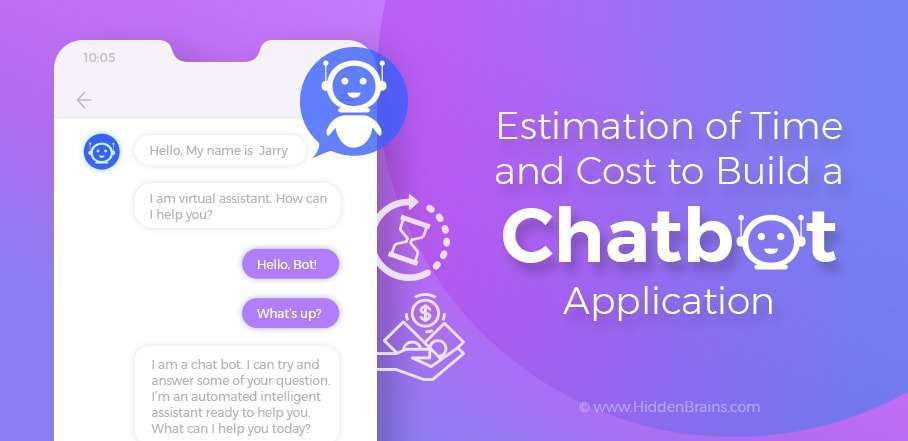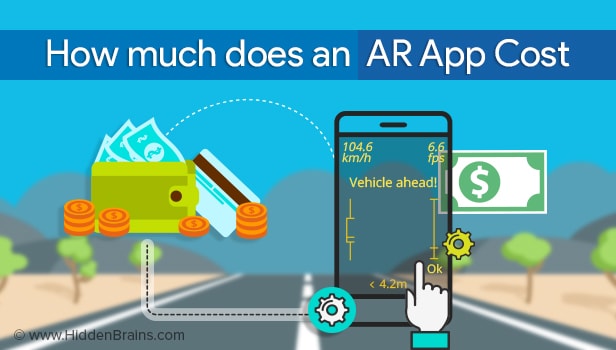If you’re considering a career in Android development, then you’re going to need to make sure you have the right skillset. It’s more than just knowing how to write code; to be successful in the field, you’ll need to be familiar with the different platforms, know how to design intuitive user interfaces, and more.
If you are considering a career as an Android developer, there are certain skills that you will need to be successful. Not only will you need to have a strong understanding of the Android platform, but you will also need to possess an array of other skills in order to ensure your success. In this blog post, we will discuss the seven essential skills that every Android developer should have. From coding proficiency to problem-solving and communication, these seven skills are invaluable for a successful Android developer.
In this blog post, we’ll discuss the seven essential skills every Android developer needs in order to excel in the field. With these skills in your toolkit, you’ll be ready to start building the most innovative Android apps on the market.
Here are The 7 Essential Skills for Android Developer
1) Java
Java is an essential skill for Android developers. It is the foundation of the Android platform and the most popular language used to develop Android apps. Java enables developers to create robust, secure, and high-performance applications on the Android platform.
Java is a versatile and powerful programming language that provides excellent support for object-oriented programming and multi-threading. It also provides excellent platform independence, making it easy to write code that can run on different devices with different operating systems.
2) XML
XML, or eXtensible Markup Language, is a fundamental part of the Android Development environment. XML is an important language to understand if you want to be a successful Android Developer. It is used to define the data in a program, including layout information, resources, and various other components. With XML, developers can create Android apps that work across a variety of different devices. XML is essential for creating dynamic user interfaces and applications.
3) Android SDK
The Android Software Development Kit (SDK) is a crucial component of any successful Android development project. The SDK provides developers with the necessary tools and APIs to build, debug, and optimize their Android applications. It also contains libraries, documentation, and sample code that can be used to create robust and powerful apps.
4) SQLite
SQLite is an open-source relational database management system used by Android developers to store data on mobile devices. It is a lightweight database that is designed for simple applications, and it offers easy access to all data stored in the database. It is self-contained, meaning that it does not require a server or a separate database software to be installed. SQLite can be used to store information such as user accounts, settings, messages, and other application data.
5) Android Studio
Android Studio is an Integrated Development Environment (IDE) for Android development and is the official tool for Android app development. It has a range of features to help with every stage of the Android app development process, from design to testing and debugging. Android Studio provides powerful tools such as an advanced code editor and a built-in emulator for running and debugging apps. It also includes support for Google Play Services, Firebase, and other popular libraries.
6) Git
Git is an essential skill for Android developers as it enables them to collaborate with other developers, store their code in a central repository, and track changes to the codebase. Git allows developers to track the changes they make and easily revert back to older versions of the code if necessary. Developers can also branch the code, so that multiple versions of the same project can be developed at once. Knowing how to use Git will allow Android developers to efficiently collaborate and manage their projects.
7) Material Design
Material Design is a visual language developed by Google for designing Android apps. It combines the classic principles of good design with the technology of today. Material Design was created with the goal of creating a unified user experience across all platforms, from mobile to desktop and beyond.
Material Design's guiding principles include simplicity, usability, flexibility, and adaptability. The components of Material Design are divided into two categories: layouts and components. Layouts consist of rows, columns, grids, and frames that are used to structure the user interface. Components are elements such as text fields, buttons, images, sliders, and tabs that give users access to various features of an application.
Conclusion
Android development is an ever-evolving field. As technology advances, so must the skills of Android developers. The skills mentioned in this post are just a few of the ones needed to be a successful Android developer. They provide a strong foundation on which to build additional experience and knowledge. Companies looking to hire dedicated Android developers should be sure to look for individuals who possess these essential skills. With the right people, any Android development project can be a success.
Read Also:
Why Flutter is Ideal for Mobile App Development
Best Practices for Android App Development




0 comments:
Post a Comment